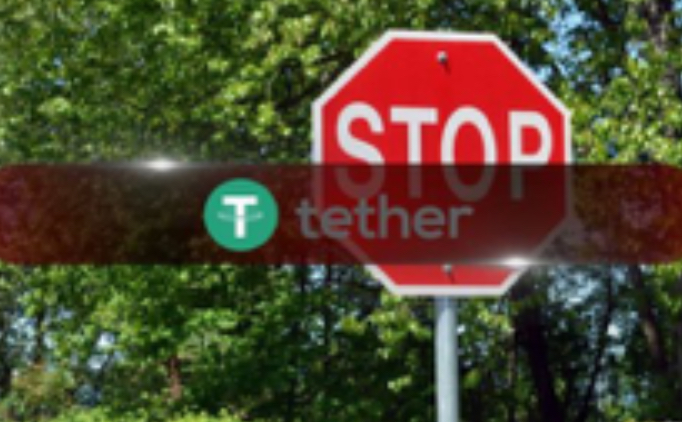Even with several high-profile collapses and de-pegging events in recent years, stablecoins have continued to capture market share from fiat, reflecting strong demand increasingly. Although the stablecoin market is still highly concentrated, with Tether’s USDT at the forefront, its dominance has been eroding over the last two years.
In fact, Kaiko’s latest data shows a decline in USDT market share.
Tether (USDT) is Slowly Losing Market Share
In 2024, USDT’s market share on centralized exchanges (CEXs) dropped from 82% to 74% per Kaiko’s estimates.
This could partly be due to the heightened competition from stablecoins like FDUSD, which benefited from Binance’s zero-fee promotions in addition to the increasing demand for regulated options like USDC.
By the end of June, USDC’s market share reached an all-time high of 12%, fueled by trading volumes on Binance, Bybit, and OKX. Yield-bearing stablecoins also saw increased interest, with issuers such as Paxos and Tether introducing their own alternatives in Q2 to meet this demand.
USDC Sees Increased Demand
The implementation of the MiCA regulation has driven up demand for compliant stablecoins, positioning Circle’s USDC as a key beneficiary. The French blockchain analytics firm recently identified USDC as leading the pack among regulated stablecoins.
Currently, non-compliant stablecoins constitute 88% of the total stablecoin volume, but this is expected to shift significantly due to Europe’s Markets in Crypto-Assets Regulation (MiCA), which took effect on June 30. This regulation is likely to cause market makers to favor compliant stablecoins over their non-compliant counterparts.
In response, major crypto exchanges such as Binance, Bitstamp, Kraken, and OKX have already started delisting non-compliant stablecoins, including Tether’s USDT, for European users. Kaiko’s data shows that the share of compliant stablecoins has been growing over the past year, reflecting an increasing preference for more transparent and regulated options, with USDC emerging as the primary winner in this evolving market landscape

